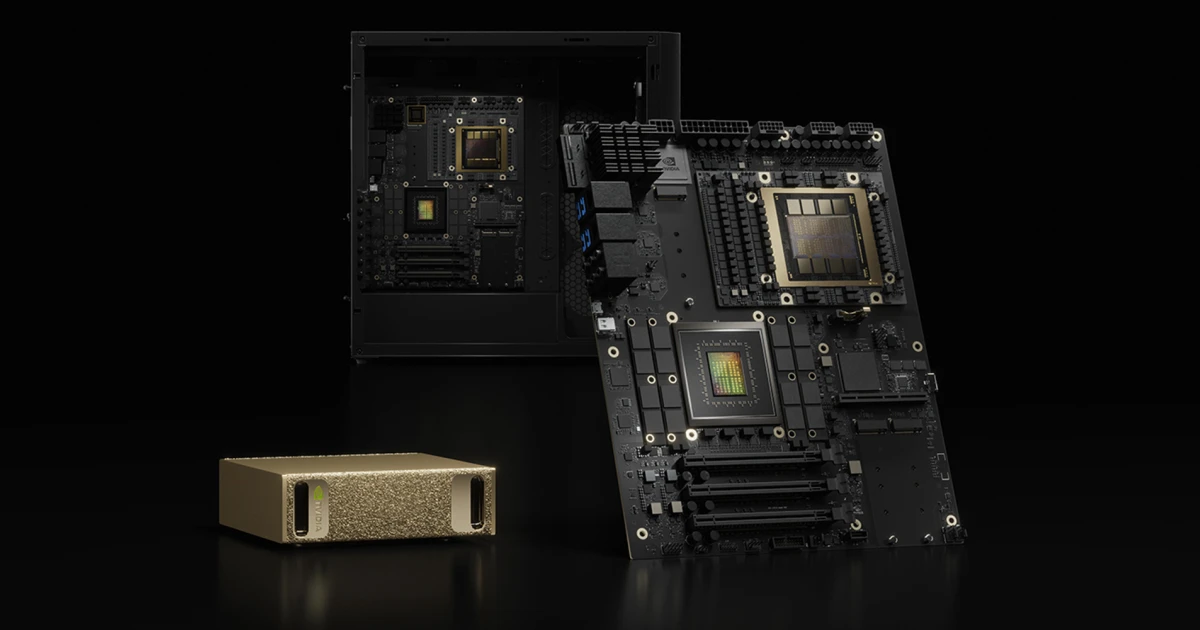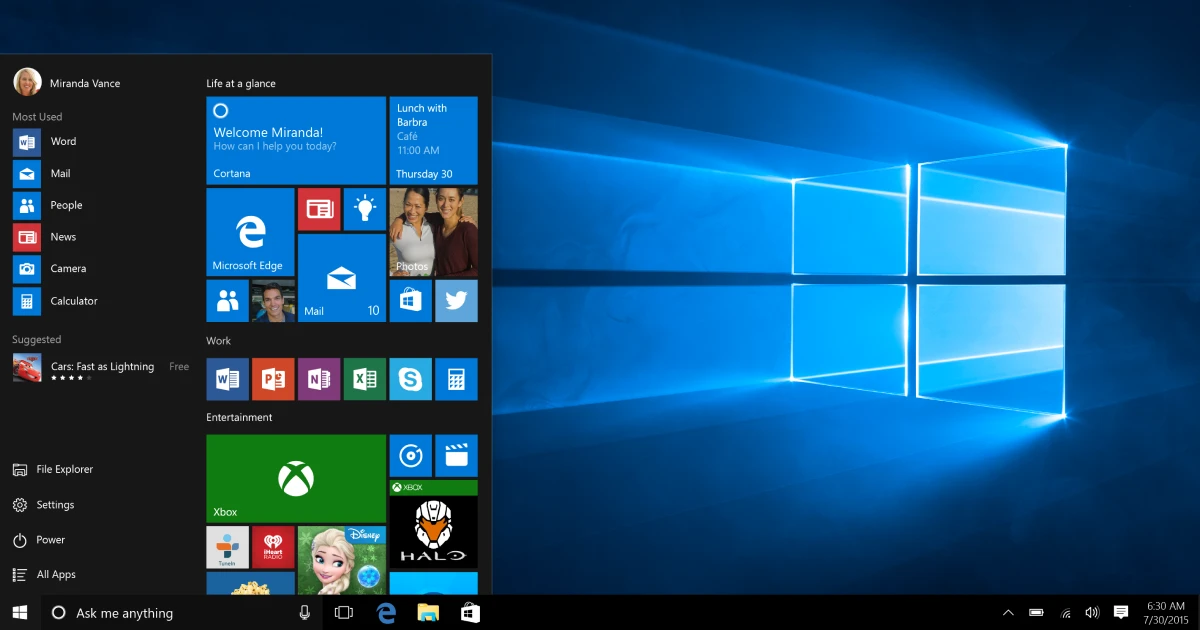and it is a part of Tokyo’s goal of becoming a spaceship and space incubator in Asia.
The scheduled rocket launch by the startup has confronted regulative obstacles and delays. This happened because Japan's rocket industry isn’t sure if it should embrace foreign startup funding and businesses as a part of its attempt to double the size of its 4 trillion yen ($26 billion) spaceship industry over the next ten years.
The startup funding, which was created in 2016 in collaboration with the present and previous Taiwan rocket agency, hasn’t yet had a flourishing launch. Its latest 2022 effort to launch a rocket in partnership with its sister company AtSpace in Australia, collapsed due to an oxidizer leak.
However, the rocket that will be tested in Japan will have a different design and spaceship components.
The TiSpace startup funding head, Yen-Sen Chen, declared in an interview: “This (planned launch) should be a very good case for the Japanese government. If that goes smoothly, then you will attract more customers from other countries.”
He also claimed that the Taiwanese rocket startup has one more regulatory authorization to obtain. It is about a radio license that will allow the launch of the startup’s 12-meter-sounding spaceship. Yen-Sen Chen said that he hopes that will happen by the early 2025. A sounding rocket can make it into space but can’t reach the orbit.
Even though this would represent a potential scientific success, some analysts claimed that launching a Taiwanese spaceship in Japan might attract unwanted attention from China. However, Chen said that he is not concerned about it.
The TiSpace startup funding is the only company seeking rocket launches. Wu Jong-Shinn, one of the other startup funding partners, who is now the chief of Taiwan’s spaceship agency, declined to make any statements about its connection with the startup. He said that all its launch services are administered through public offer.
The startup funding launching effort has gained support from the Japanese rocket business. This happened notably in the isolated agricultural city of Taiki, situated on the northern Hokkaido island. This is where the startup launch is going to take place, and the officials and experts want to invite more foreign companies to assist it.
Yuko Nakagawa, an official parliamentary representing Taiki and the nearby communities, declared that the startup funding spaceship project represented “a symbol of Taiwan-Japan friendship”. He also mentioned that this could be a launcher for a universal business complex that the local authorities nickname “space Silicon Valley”.
According to the most recent government plans, Japan wishes its private spaceship industry to be valued at more than $ 50 billion by 2030. It wishes to launch 30 rockets per year and become Asia’s spaceship hub.














